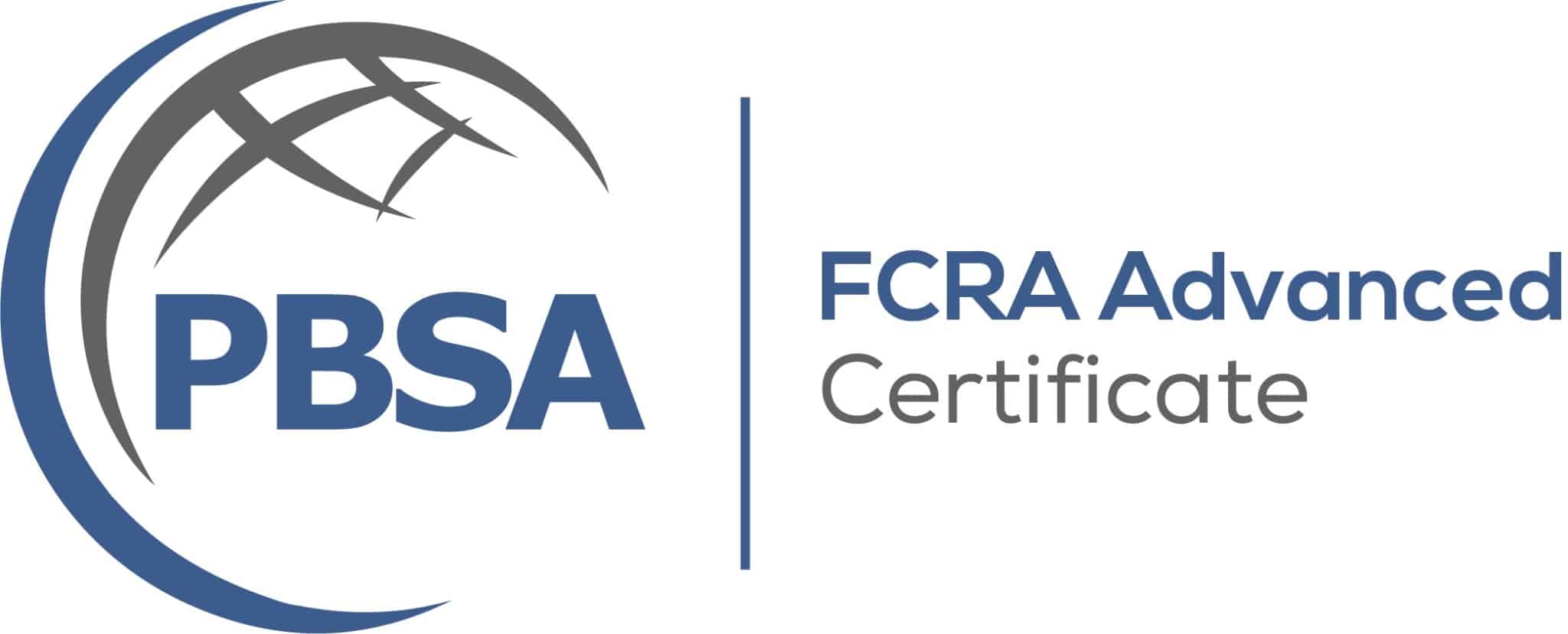
Public Record
Compliance note
- Public record data used for employment purposes must comply with the Fair Credit Reporting Act (FCRA).
- Employers must ensure accuracy and provide applicants with required notices if adverse action is taken based on public record information.
- Certain states limit the reporting or use of older public record data, such as arrests or dismissed cases.
- Consumer reporting agencies must follow strict procedures to ensure public record data is current and complete.
Related Terms and Posts
- Background Check
- Consumer Report
- Disclosure and Authorization
- Permissible Purpose
- Investigative Consumer Report
- Background Checks in 2025: What Employers Need to Know (Blog)
- Comprehensive Guide to State-Specific Background Check Services (Blog)
- Beyond the Magic Database: What Hiring Managers Must Know About Background Check Limits and Realities (Blog)
Authoritative source
Frequently Asked Questions
A: Common examples include criminal court filings, bankruptcies, civil judgments, liens, property ownership, and professional license verifications.
A: No. Certain records, such as sealed or expunged cases, are not legally accessible for employment purposes under federal or state law.
A: Employers should work with an accredited consumer reporting agency (CRA) that verifies information directly with court or agency sources and complies with FCRA accuracy standards.
DISCLAIMER: The information provided in this glossary is for general informational purposes only and should not be construed as legal advice. While we strive for accuracy, EDIFY Background Screening does not guarantee that the definitions or explanations are complete, up to date, or error-free. Employers should always consult with competent legal counsel to ensure compliance with applicable laws and regulations.
Stay Updated with EDIFY Insights Newsletter
Get compliance tips, background screening updates, and HR best practices delivered straight to your inbox.





